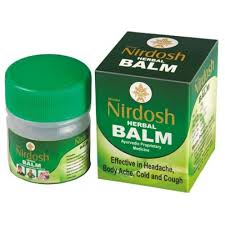记忆方法
【记】音:包抹,身上起了个包,抹点止痛的香膏;
中文词源
balm 芳香油
来自希伯来语,芳香,香料,香木。
英语词源
- balm
-
balm: [13] In origin, balm and balsam are the same word. Both come via Latin balsamum from Greek bálsamon, an ‘aromatic oily resin exuded from certain trees’. Its ultimate source may have been Hebrew bāśām ‘spice’. Latin balsamum passed into Old French, and thence into English, as basme or baume (hence the modern English pronunciation), and in the 15th to 16th centuries the Latin l was restored to the written form of the word. The new borrowing balsam, direct from Latin, was made in the 15th century.
=> balsam - balm (n.)
- early 13c., basme, aromatic substance made from resins and oils, from Old French basme (Modern French baume), from Latin balsamum, from Greek balsamon "balsam," from Hebrew basam "spice," related to Aramaic busma, Arabic basham "balsam, spice, perfume."
Spelling refashioned 15c.-16c. on Latin model. Sense of "healing or soothing influence" (1540s) is from aromatic preparations from balsam (see balsam). Biblical Balm of Gilead, however, began with Coverdale; the Hebrew word there is tsori, which was rendered in Septuagint and Vulgate as "resin" (Greek rhetine, Latin resina).
权威例句
- 1. The place is balm to the soul.
- 这个地方能给灵魂带来慰藉。
- 2. The new skin balm was welcome by middle - aged women.
- 这种新护肤香膏受到了 中年 妇女的欢迎.
- 3. Friendship is the finest balm in need.
- 友情是在困难时刻的最好安慰.
- 4. That shop is selling a new skin balm.
- 那家商店正在出售一种新型的皮肤香油.
- 5. Objective: In order to explore the effects of CD 40 antisense RNA on Balm cell.
- 目的: 探讨CD40反义RNA对Balm细胞的影响.
